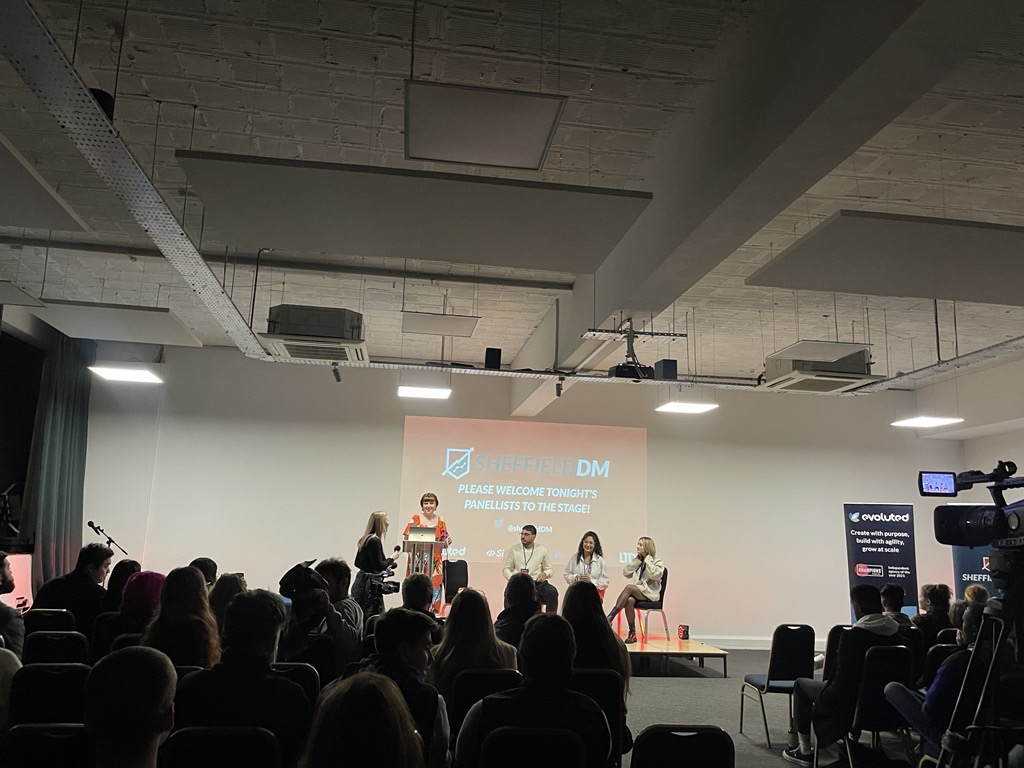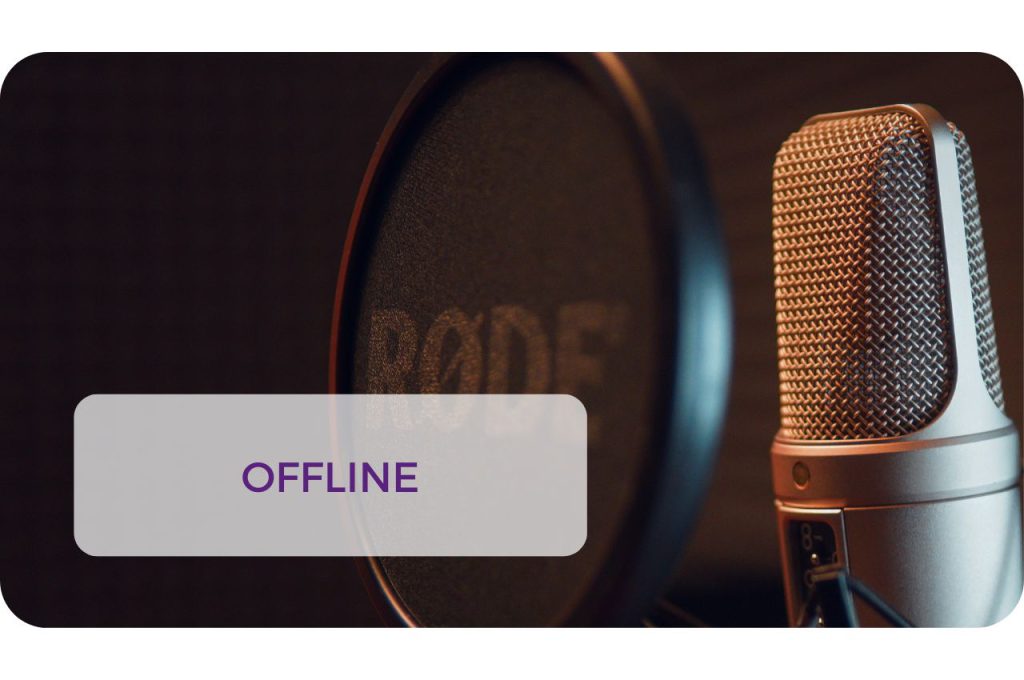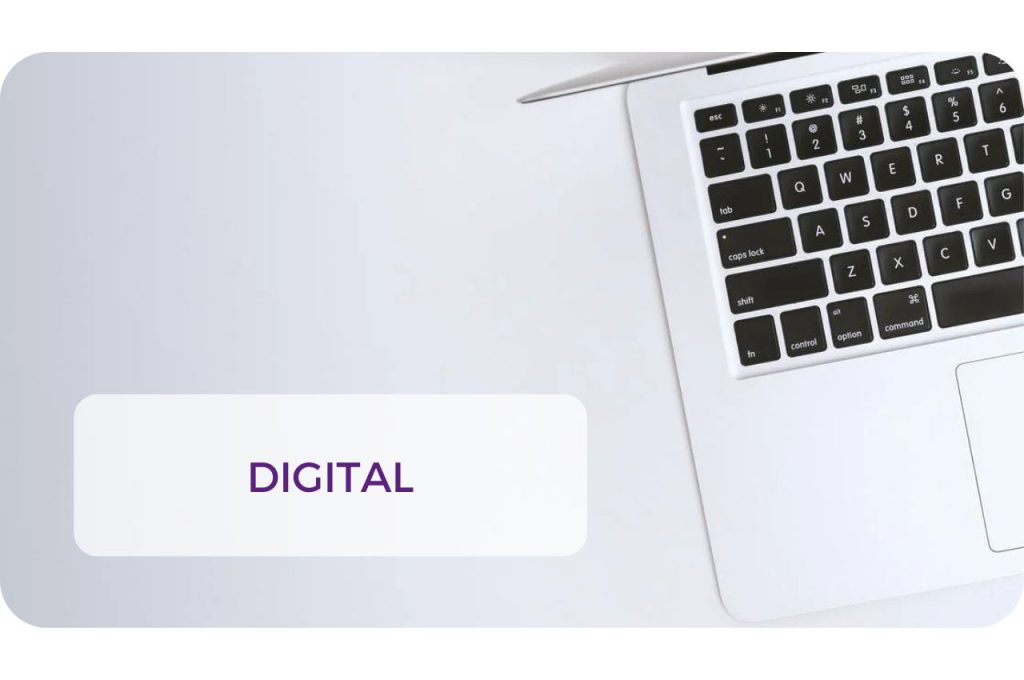
Last week, All Response Media’s Senior SEO Executive Jordan Rushworth and PR Executive Katie Lee headed over to Sheffield DM for the first digital marketing event of the year. The event included insightful SEO talks and a lively PR panel plus networking opportunities.
SEO for conversions, not just traffic
The opening talk of Sheffield DM discussed how a successfully implemented content marketing strategy helped to generate significantly improved pipeline revenue for a SaaS client.
Content marketing can often be hyper focused on achieving greater volumes of traffic to a client’s website. With this talk, it was clear that content marketing can and should be much more than that.
There should always be an objective to drive up conversions and revenues at the heart of the strategy. By targeting lower volume keywords with higher user intent, conversions can be driven up. This should always be at the forefront when developing content marketing strategies.
This talk underlined the importance of first ensuring that the technical fundamentals of a client’s website are constantly evaluated, and any needed fixes implemented.
For that to be achieved it is vital that SEOs ensure they are regularly performing technical audits for clients. These audits need to be performed at least once every two months.
Having those technical fundamentals of a client’s website in good order means that when it comes to implementing content marketing strategies, the site is already set up to perform well in SERPs with content optimisations.
The talk highlighted the benefits that focusing on the bottom of the funnel can have on generating swift improvements in conversions and revenue for clients. By focusing on the client’s most important pages from a conversions and revenue perspective first, results on those key client KPIs can be achieved much faster.
‘Vs’ and comparison terms
There was some very interesting insight into the benefit of performing keyword research to identify ‘vs’ and comparison terms. These ‘vs’ terms are being searched by users to try and identify the differences between either different brands or different products or services. Whilst the search volumes for these terms might be low, the user intent behind them is great.
The first talk explained how optimising important service pages for the SaaS client around ‘vs’ and comparison terms on just two pages helped to drive significant revenue increases. In total, this strategy helped to generate $500,000 in pipeline revenue for the client in question.
At ARM we always prioritise our content marketing strategy with ROI in mind. Delivering improved rankings and traffic is great, but we must ensure content creation delivers on bottom line revenue figures for all our clients. After all, that’s how we create that unfair competitive advantage.
Key takeaways from the digital PR panel
- TikTok is growing at a fast rate and will continue to do so over the years
- Human input is still essential when running an AI generated digital PR campaign
- Search data can be a key role in PR campaigns
These points made by the panel really highlighted the value of creating a unique data set for campaigns. By analysing data, you can learn about the interests, demographics, behaviours, and preferences of your target audience, allowing you to tailor your messaging and outreach to better resonate with them. Data-backed PR campaigns also lend themselves to increased credibility and trustworthiness.
When your PR messaging is supported by data, it adds a level of authority and validity to your content, making it more convincing to your audience. Data analysis can provide valuable insights into how your campaign is performing, including what messaging is resonating, which channels are most effective, and what changes you should make to improve your outreach.
In summary, using data for a digital PR campaign can help you reach the right audience with targeted messaging, increase your credibility, gain insights into your campaign’s performance, and ultimately achieve better results.
FEATURED READS
Get in touch with our digital team
Find out how we can combine offline, digital and data science expertise to give you the unfair competitive advantage.
ALL RESPONSE MEDIA SERVICES








